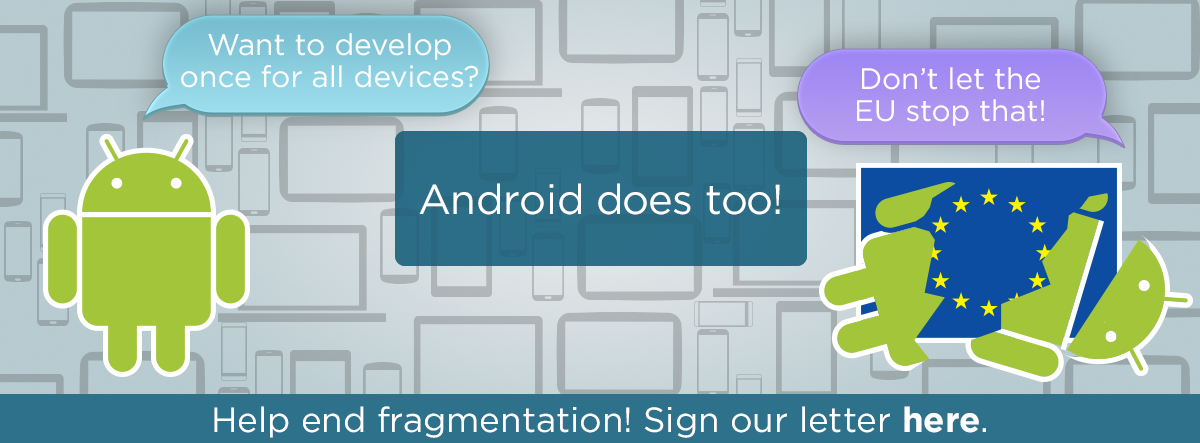The EU’s antitrust regulator, DG Competition, is in charge of establishing and implementing a coherent competition policy across the EU. As the world’s second largest economy, it is by no means surprising that DG COMP is one of the most sophisticated antitrust enforcers in the world.
DG COMP’s role is made up of many composite parts, including investigative and decision-making powers, which have come under criticism in the past. Historically, DG COMP has famously charged large corporations with heavy fines for breaching EU rules. Former Competition Commissioner, Joaquín Almunia, opened a tirade of antitrust investigations into large (often foreign) multinationals, leaving his successor and current Commissioner Margrethe Vestager with numerous loose ends to tie up.
Amongst this wave of investigations into mammoth companies, Vestager ended up with a pending formal investigation into Google’s mobile operating system, Android, which she opened in April 2015, adding to a list of other investigations into Google’s competitive practices. One year later, after building a case based on views provided by official complainants, DG COMP announced its Statement of Objections against Android on 20th April 2016.
Vestager, who is the former Deputy Prime Minister of Denmark and is believed to have inspired TV series Borgen, is generally perceived as one of the hardest working Commissioners with an impressively large portfolio. Nevertheless, halfway into the investigation, her team had not made a significant effort to speak with a large group of important stakeholders – independent developers who build on Android.
So why not? This huge constituency includes 71% of European developers who target Android amongst other operating systems. In fact, Android has supposedly been extraordinary for developers, as low cost Android devices exponentially multiplied the size of the market, which now numbers billions of devices globally.
One area of the investigation that developers are particularly concerned about is fragmentation, or so-called Android ‘forks’. Android is an open source OS, meaning that anyone can make an app for Android and any manufacturer can use Android on their phones. This meant that at first, Android was extremely messy. Developers would find themselves having to code several different versions of their apps in order to work on all devices (phones, tablets, etc.) that run Android.
In the early days of Android, annoyed developers would regularly vent their frustrations on numerous online platforms, but fast-forward to today and those articles seem like a distant memory to most developers. This is because circa 2012, unhappy developers successfully urged Google to harmonise the platform and in turn, Google created anti-fragmentation agreements with its device partners. Since then, the app developer industry has grown exponentially and the harmonisation of Android has also enabled consumers to upgrade their devices or switch brands knowing that their favourite apps would continue working.
So DG COMP may be right that supporting forked Android by mandating manufacturers’ access to Google Play could create more device and operating system competition. But crucially, it would force developers back to earlier messy Android, which would cost valuable resources, undermine consumer confidence, and harm developers and publishers.
Today’s compatible mobile platforms are critical underpinnings of an extraordinary, disruptive, vibrant and competitive mobile economy. It is clear that DG COMP’s goal is not to endanger the foundations of innovation, creativity and jobs, and in doing so inadvertently harm app developers, publishers and consumers.
Yet it is vital that DG COMP take into account the needs of the innovators building on the platform when evaluating the ecosystem. App developers and publishers should not be sacrificed in an effort to create artificial competition.
Catriona Meehan
Director of EU Policy and Government Affairs




